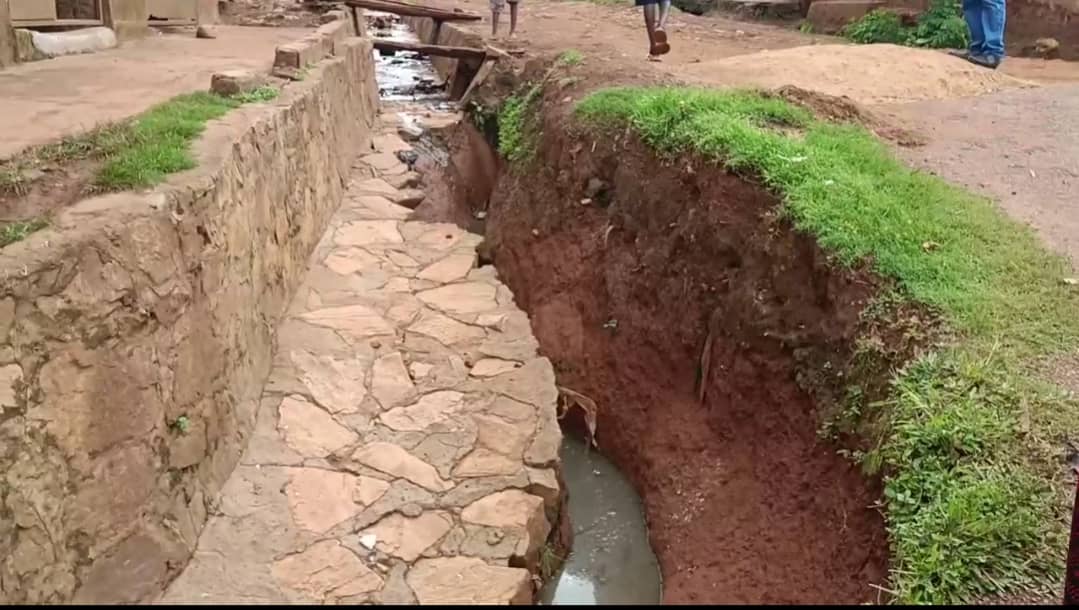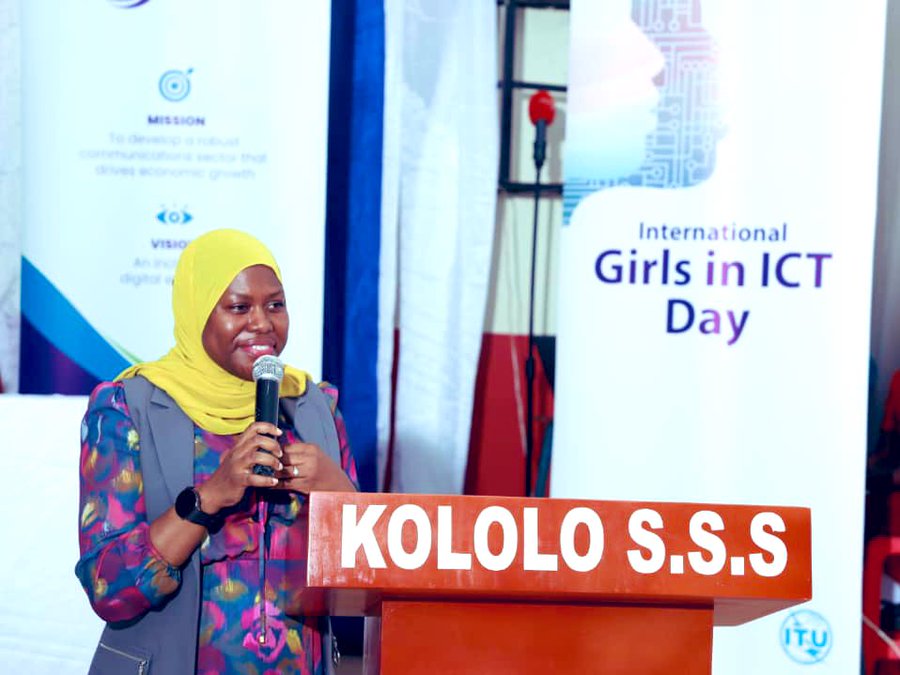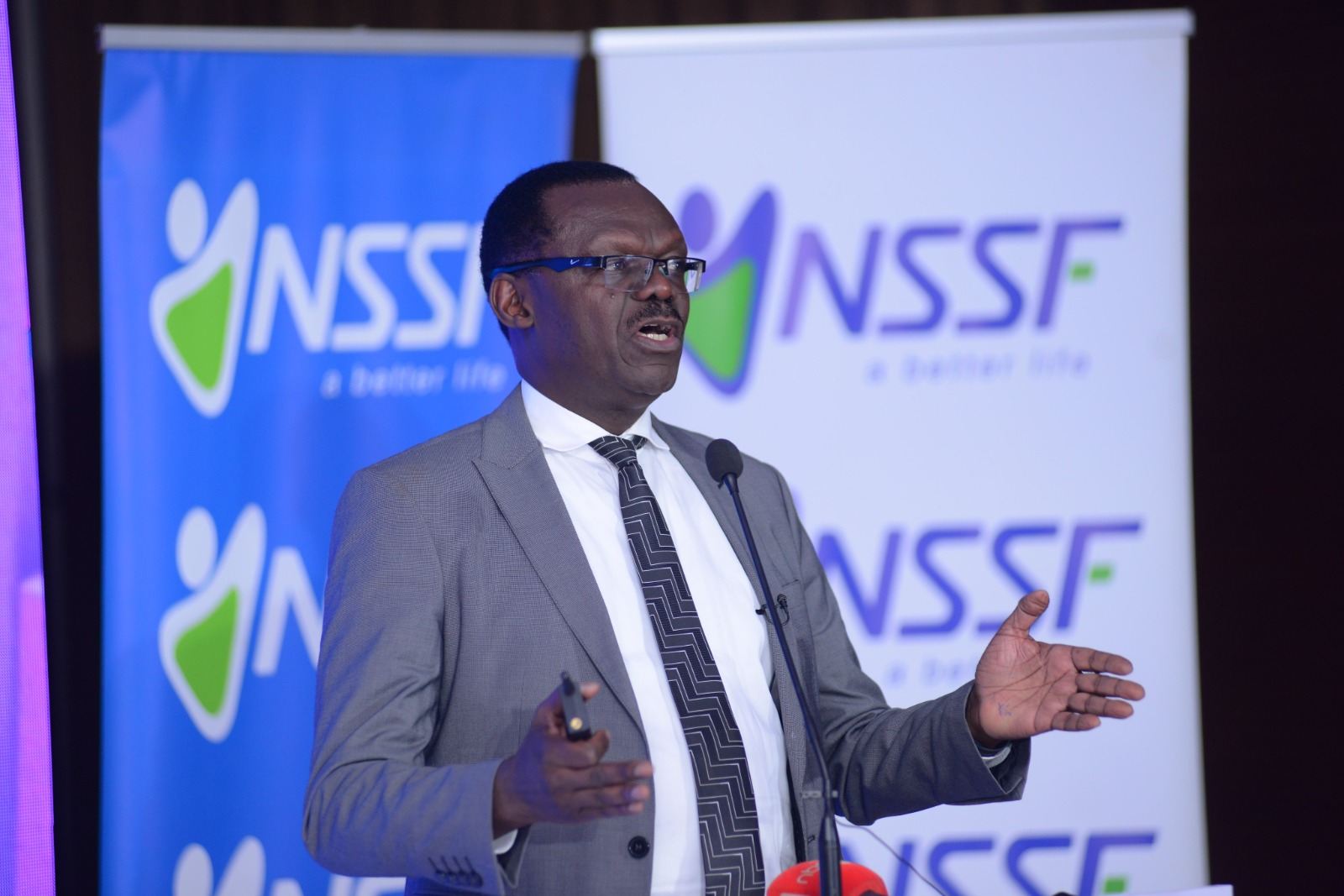China eases Covid quarantine and lockdown measures following street protests
China says people with asymptomatic or mild Covid will now be able to quarantine at home rather than in state facilities in a major easing of its zero-Covid policy.
Keep Reading
Such cases will now be able to stay at home and self-report test results.
The country has also scrapped PCR test requirements for most public venues except hospitals and schools.
The changes come just a week after civil protests against pandemic controls erupted across the nation.
Centralised quarantine was deeply unpopular because it separated families and saw people forced into facilities.
Videos all year have shown guards dragging people out of their homes, including viral footage from Hangzhou last week which showed a man fighting off officials.
The changes are the strongest sign yet that China is moving away from its zero-Covid policy and looking to "live with the virus", as is the case elsewhere in the world. This comes as the country is seeing its biggest wave of infections - over 30,000 each day.
On Wednesday, health authorities also announced a raft of new rules rolling back current restrictions:
- Restrictions like lockdowns should be applied to more precisely identified areas - for example certain buildings, units and floors as opposed to whole neighbourhood or city-wide lockdowns
- Identified high-risk areas should come out of lockdown in five days if no new cases are found
- Schools should remain open if there is no wider campus outbreak
The new guidelines also included a strict ban on blocking fire exits and doors and said people had to be able to access emergency medical treatment and escape routes unhindered by pandemic control measures.
It follows reports of people being locked into their homes and buildings being sealed under lockdown measures. The recent protests were triggered by a deadly fire in the western Xinjiang region - critics said the victims had been unable to escape the building because of lockdown measures but Beijing denies this. There have also been repeated reports of delays to emergency medical care for people in locked down areas.
Authorities also stressed the need to accelerate the vaccination of elderly people.
"All localities should adhere to.... focus on improving the vaccination rate of people aged 60-79, accelerating the vaccination rate of people aged 80 and above, and making special arrangements," the statement from health officials said.
Protests in some places also escalated into direct criticism of President Xi Jinping and the Chinese Communist Party - a significantly rare display of defiance given the country's intolerance for political dissent.
Since the mass protests on 24-26 November, Chinese authorities had already begun to tone down language around the dangers of Covid, and they had relaxed lockdown in some cities.
Source: BBC













